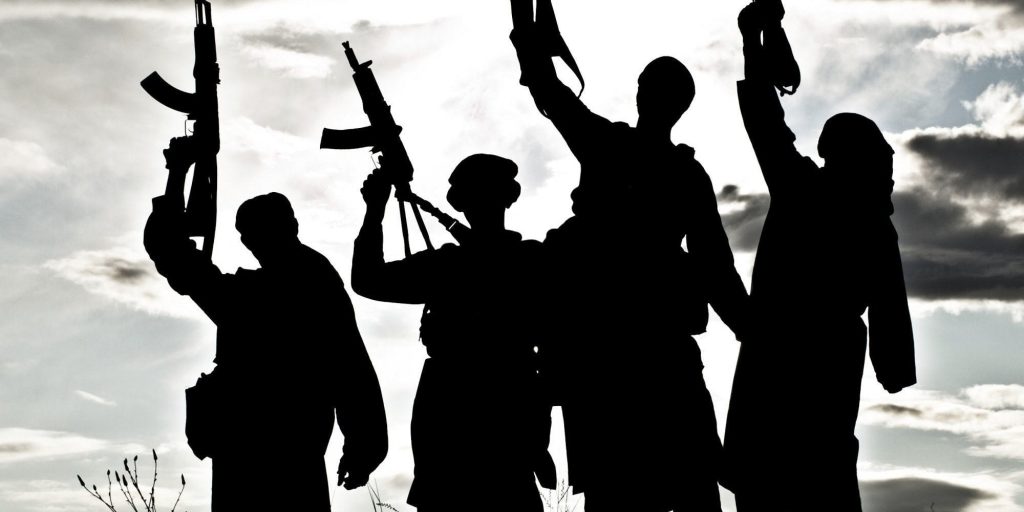by Joanna Lancashire

The changing character of modern warfare is a widely studied, if rarely defined, feature of contemporary security studies. As some of the key global conflicts that defined the end of the Cold War and the early 21st Century enter their senior years, the question of how to encapsulate in discourse the convergence of state-to-state warfare with other trends of non-state conflict remains key in an age when public opinion has little patience for extended troop deployments overseas.
War in Afghanistan, even despite the withdrawal of US and NATO troops in 2014, entered its eighteenth year in 2020. Further conflict in Iraq continues long after troops have left. Even without clear statements of ‘being at war’ in place in public discourse, global flashpoints in Mali, Yemen, Libya, and further afield continue to reopen and scar old wounds, to the detriment of progress being made in governance and development.
Often in the discourse, the changing character of warfare is spoken of in abstract terms, separated from the sum of its parts, namely, the people, structures, and trends that it impacts. It is not that the definition of war has become obsolete, but with a public discourse fixated around terrorism, the understanding of what a ‘warzone’ means has become wider than simply an understanding of the battlespace itself. Discourses on counter-terrorism have expanded to include alternative and congruent narratives of counter-extremism, preventing extremism. How these features interact with long-running ‘forever wars’ has become a critical point of study in an analysis of both conflict and post-conflict environments.
This series will explore how counter-terrorism as a discourse intersects with modern warfare. In doing so, it will touch upon the language and underpinnings that frame terrorism and extremism both in wartime, and in peace, and how these features impact the contexts in which they are found and the conflicts of which they are an integral part.
Publication Schedule
Part I: The Importance of Labels: A Social Psychology Approach to Counterterrorism Policies by Lucia Ruiz Vila
Part II: Analysing the Effectiveness of Deradicalisation Programmes As Components of Broader Counterterrorism Initiatives: A Study of Saudi Arabic and Yemen by Anahad Khangura
Part III: Strings Attached? Counter-Extremism in Humanitarian Programming by Joanna Lancashire

